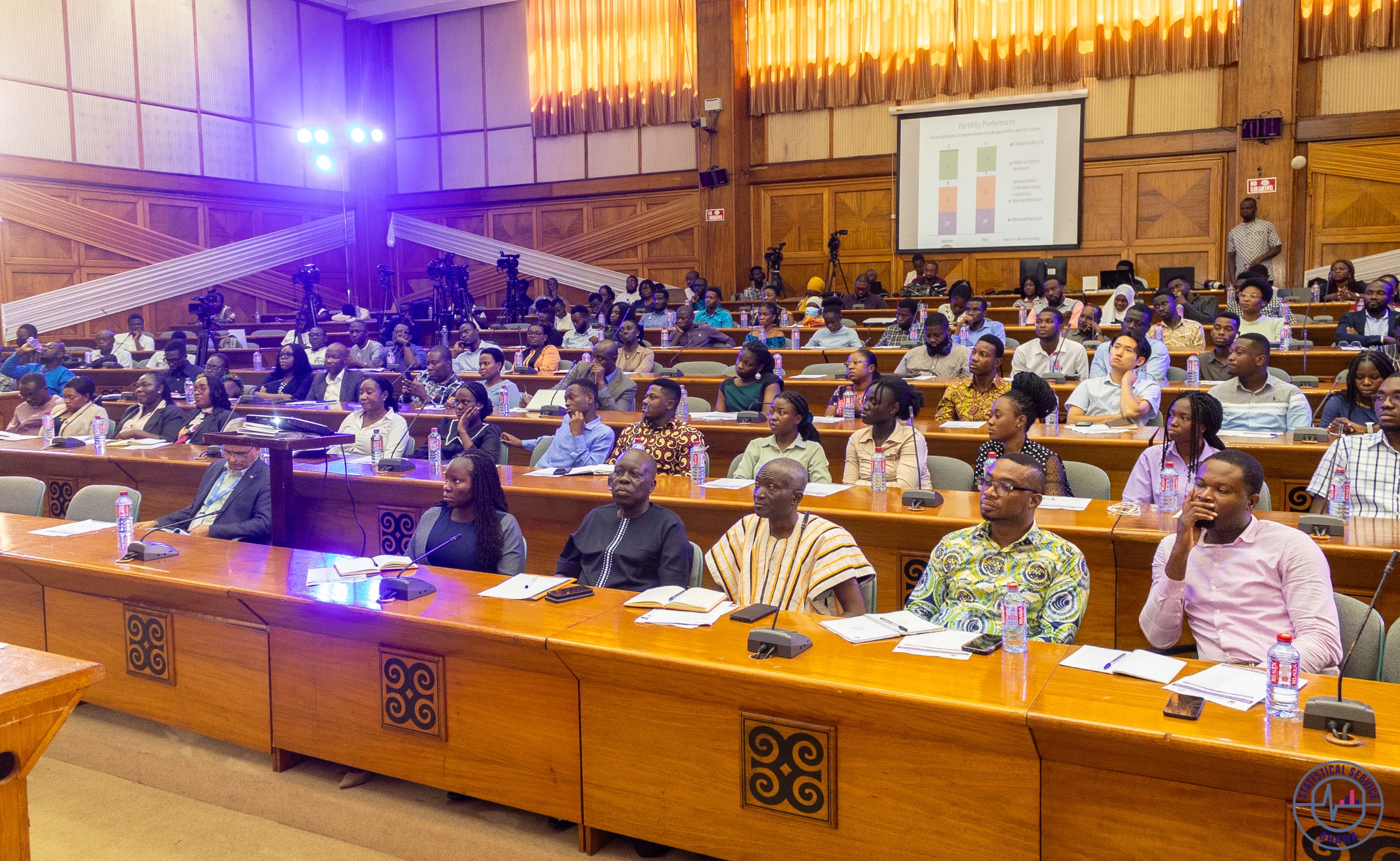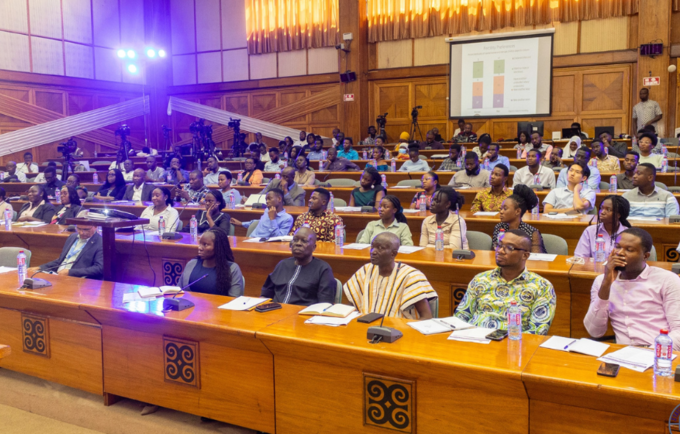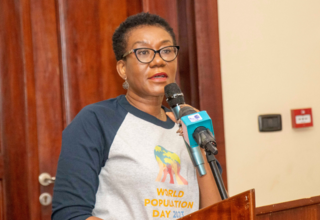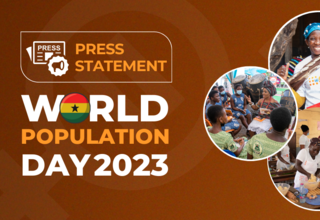
A cross-section of participants at the national dissemination of the key results from the 2022 Ghana Demographic and Health Survey Report. Seated 3rd from left is the UNFPA Representative, Dr. Wilfred Ochan.
The essence of data in interventions lies in its transformative power to drive evidence-based decision-making: monitor progress and assess results of implementations. Data, therefore, enhances the effectiveness of interventions aimed at addressing complex social, economic, and environmental challenges. For UNFPA, accessibility, availability, and use of data remain the foundation of many successful interventions it carries out together with its partners.
These were part of the remarks made by Dr. Wilfred Ochan, Country Representative of UNFPA Ghana at the national dissemination of the key results from the 2022 Ghana Demographic and Health Survey Report on Fertility, Fertility Preferences, Family Planning, and Water and Sanitation status in Ghana.
“UNFPA will continue to invest in data and data systems including exploring the use of innovative technologies and artificial intelligence applied to data, to generate the needed evidence to guide UNFPA and partners in pinpointing issues of concern, identifying geographical areas that are under-served and groups that are left behind.” he further highlighted.
The report production was supported by USAID, UNFPA, and other partners.




